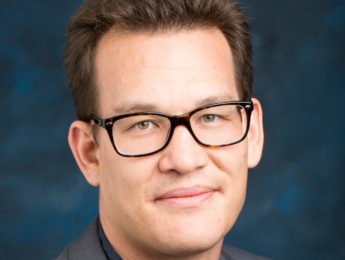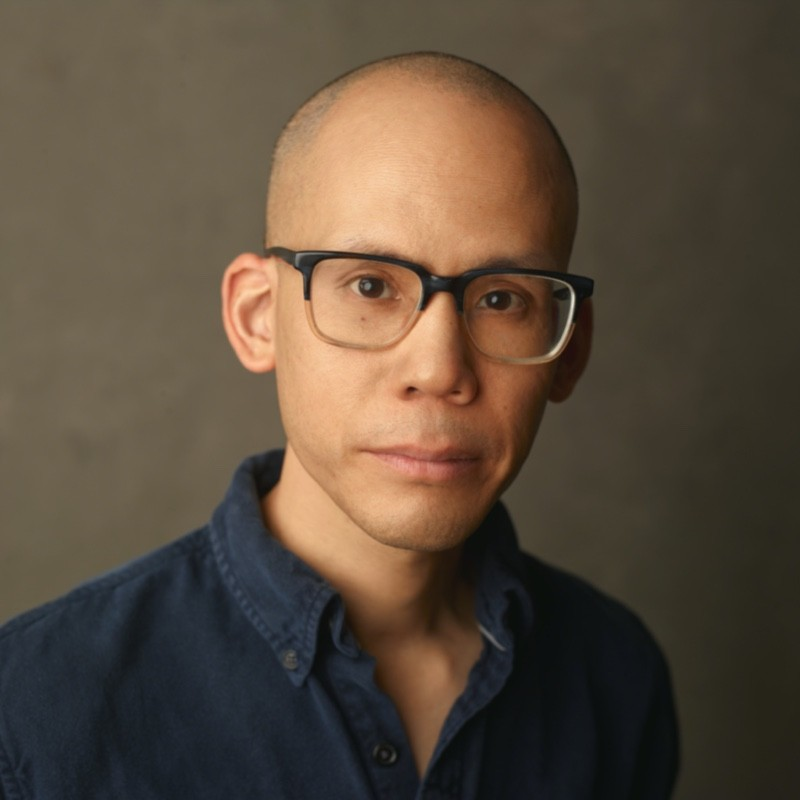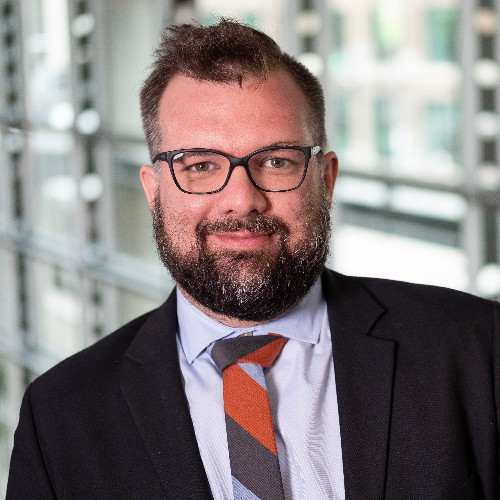
- This project has passed.
I’m an Economist: How much Coding Should I know?
Ongoing series
Start time:
November 15, 2022 @ 2:00 pm - 3:30 pm
EST
Location:
Online
Type:
Other

Speakers

Thomas Herndon
John Jay Colleg

Tim Fong
Data Scientist

Pier-André Bouchard St-Amant
ENAP - École nationale d'administration publique
Description
How much coding should an economist learn?
Can coding help your research?
What language is useful? Latex? Stata? Python? R?
Are we all becoming data analysts and computer programmers?
Join us to get answers to these questions and more, with help from panelists:
Pier-André Bouchard St-Amant
Pier-André has a bachelors in mathematics, a masters, PhD and a Post-Doc in Economics. He specializes in the analysis and optimization of public policy reforms or business practices. He does so through simulated models, statistical analysis and other mathematical techniques (some call it "Business Intelligence" or "Data Science"). Pier-André's main job is at École nationale d'administration publique ("National School of Public Administration") a small postgraduate university training public servants. He also work with governments, private corporations and social groups. On top of all that, he teaches quantitative methods and economics to graduate students.
Thomas Herndon
Thomas is associate professor of economics at John Jay College, CUNY. He first became known for critiquing "Growth in a Time of Debt", a widely cited academic paper by Carmen Reinhart and Kenneth Rogoff supporting the austerity policies implemented by governments in Europe and North America in the early 21st century. His research concluded that these measures may not have been necessary. Watch his famous Colbert interview here.
Tim Fong
Tim is a Data Scientist with a diverse career background. He has worked with advertising, computer vision, and net worth data. He has an M.S. in Statistics from CUNY Baruch College and a JD from the University of San Francisco School of Law. His current economics interest is in Post-Keynesian price theory.
Moderated by: Kurt Semm
Kurt is an Education Research Analyst at INET, as well as a Ph.D. Student at the New School for Social Research. He received his BA at St. John’s University in Literature and Economics and an MS from the New School for Social Research. His main areas of research are Ecology, Political Economy, and Water Resources. At the moment, his research deals with the impact of water privatization on the Southwest United States water resources allocation, regional development, and equity.
Hosted by Working Group(s):
Attendees
Heske van Doornen
Firdous Ahmad Malik
Krshtee Sukhbilas
J.Christopher Proctor
GOVINDAPURAM SURESH
Laís Fernanda S. Souza
Eli Shapiro
Sangram Mane
Kladiola Gjini
Gustavo Castillo
Annalisa Tassi
Danish Sarwar
Danish Sarwar
Mark Kirstein
Benjamin Skjold
Shanty Margaretha
Madhushree Kulkarni
Yannick Oswald
Jonah Wolf
Hala Farhat
Christopher Pomwene Shafuda
Emmanuel Umoru Haruna
Tania Ferreira de Oliveira
Bijan Valilou
Ajibola Akanji
Ajibola Akanji
Ajibola Akanji
Kosal Nith
Monica DiLeo
Vincent Jerald Ramos
Sara Costa
Rok Piletic
Thalita Borges Oliveira
Diana Prelorenzo
Salma Sakr
Wenjian Wang
Chiara Sciascia
Thobile Mawelela
Santiago Padilla Quintero
ERBİL ÇELİK
Khadim Rassoul Gueye
Shubhangani Chaudhary
Maria Goungor
Kim Tùng Đào
Dr Saad Alrayes
Kelsey Brown
Étienne Desfossés
Goncalo Fonseca
Kurt Semm
Hasitha Chamara
Adelia Fatikhova
Kalibbala Jonathan Mukisa
Farah Khan
Barbara Schuster
Jack Anderson
Neha Sharma
Yisheng Yang
Daniyal Khan
cajsa klass
Ana Catelén
Basel Mansour
Talha Hashmi
Ananya Joshi
Armin Aminian
Giulian Etingin-Frati
Heksa Nuryastuti
Patrick Hallan
Alex Giannico
Yaku Fernandez
Juan Pablo Bonilla Bernal
Sai Srujan Reddy